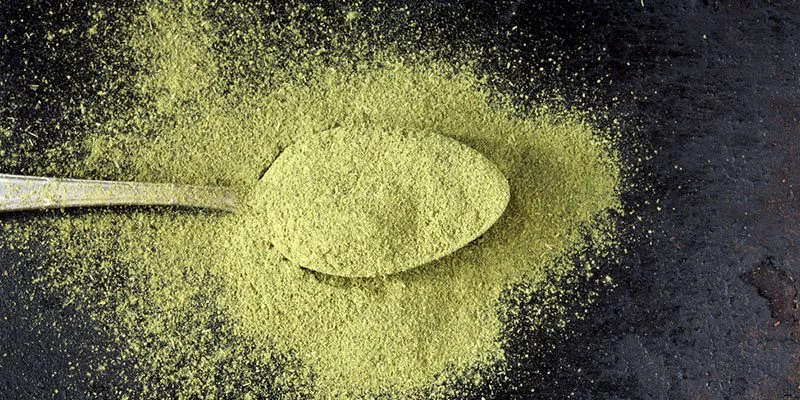Why Choose Plant-Based Protein Powders?
Protein is an Essential Building Block
Our bodies are incredibly efficient machines, performing thousands of functions each day without requiring any awareness on your part. When you consume nutrients, in the form of food, your body springs into action breaking everything down into its usable components, extracting the vitamins and minerals, converting the sugars into energy and energy stores, and utilizing the protein to repair and rebuild the tissues of our muscles, skin and organs.
At least this is what is supposed to happen. However, to effectively give your body the proper nutrition does take awareness.
Food is medicine or it can be poison, and your body will respond and perform according to how you feed it. High-quality protein is one of the macronutrients required for a high-performance life.
Protein can literally be found in every living cell in your body. Simply put: You can’t live without protein.
The prospect of eating the recommended 45 to 100 grams of dietary protein (for adults) every day is a bit daunting. You may not want to start the day with a heavy breakfast chock-full of animal proteins. If you’re thinking you’d like to try out a protein powder instead, but don’t have any idea what to look for, here is some help.
Other Sources of Plant Proteins
- Chia seeds
- Spirulina
- Nutritional yeast
- Pea protein
Whey Protein, Plant Protein. What’s Best to Buy?
What are the differences between traditional whey protein and plant-based protein? Whey protein is a by-product of the cheese manufacturing process, and is the liquid that is left behind after milk is curdled and strained.
Since whey protein is derived from milk, lactose intolerance is one of the most common side effects from consuming whey protein.
Whey protein is a common allergen and can affect the immune system of individuals who may be allergic to it. Whey proteins are also notorious for causing bloating which is a symptom of the body’s inability to digest it. Additionally, the caseine in milk protein converts to something called “exorphins” during digestion. Exorphins cross the blood brain barrier, binding to the same receptors that many opiate drugs do. This can negatively affect brain function, focus, and mood.
Plant-based protein is a much easier digestible source of protein for humans without the side effects associated with whey protein.
Plant proteins are typically packaged with an abundance of phytonutrients, antioxidants, vitamins, minerals, and fiber — all critical components for brain and body health.
Today, the health benefits of plant-based, nutrient-dense diets are widely recognized by experts in nutrition. As a result, both vegans and non-vegans can try to get most or all of their daily protein intake from plant sources instead of red meat.
- Veterans Day: One Warrior Shares Some of the Best Ways to Heal from Trauma - November 2, 2023
- Could Your Mood Issues Be Linked to a Pain In the Neck? - October 13, 2023
- What’s At the Root of Your Sciatic Nerve Pain? - September 20, 2023



